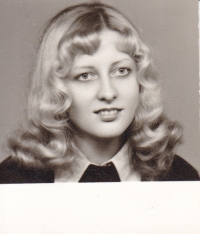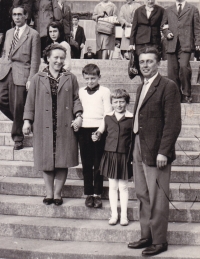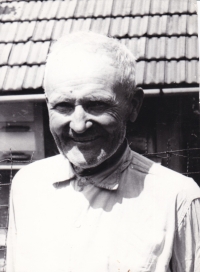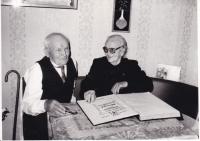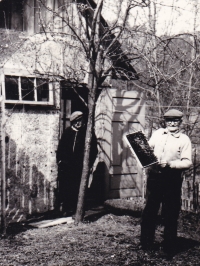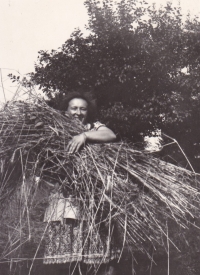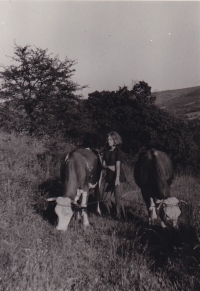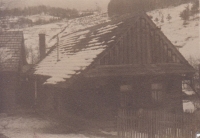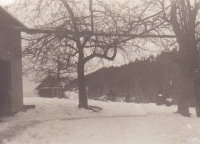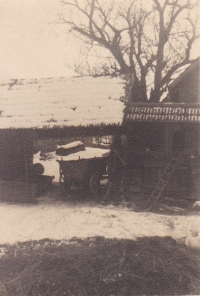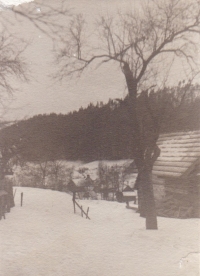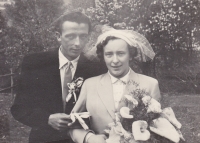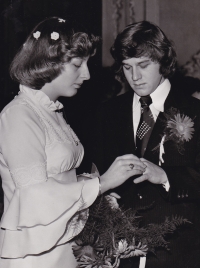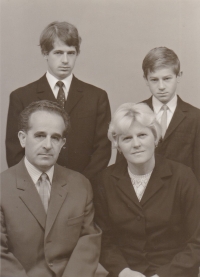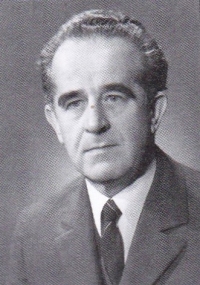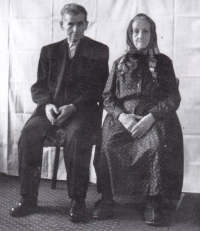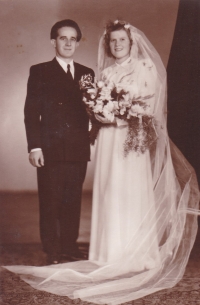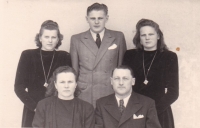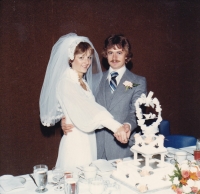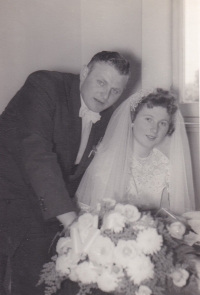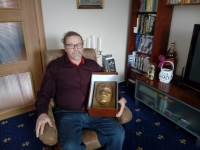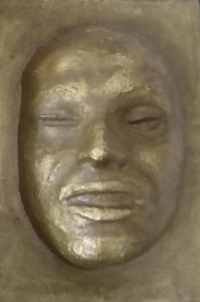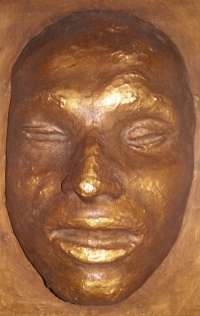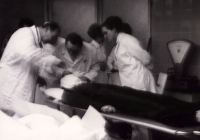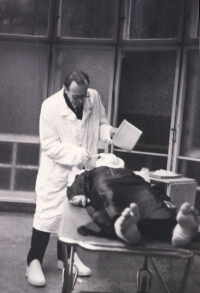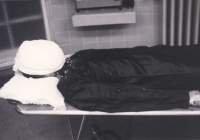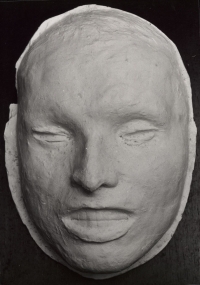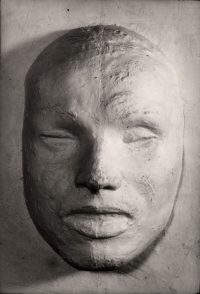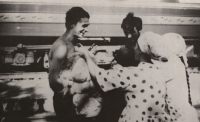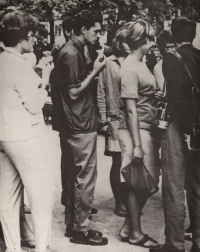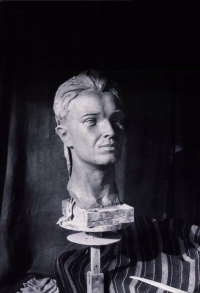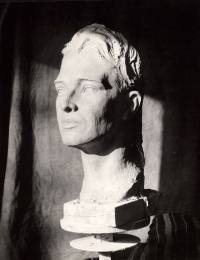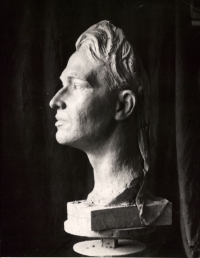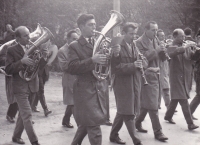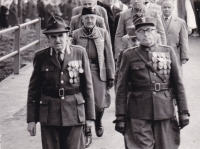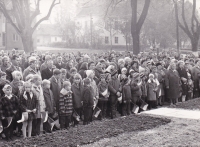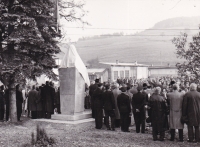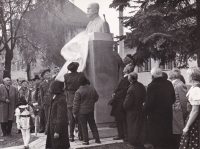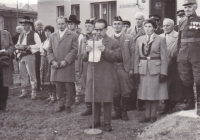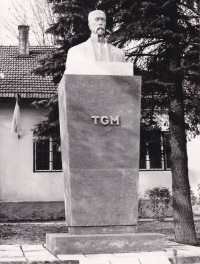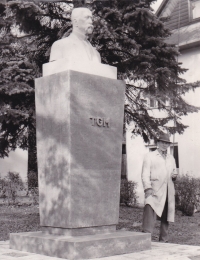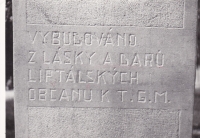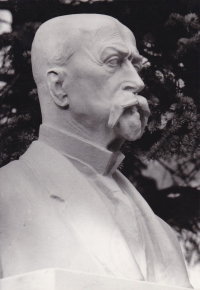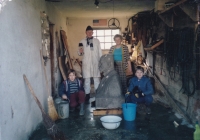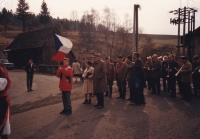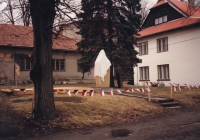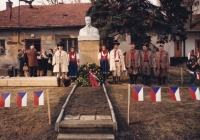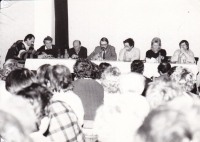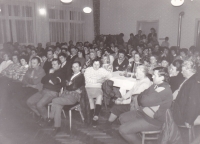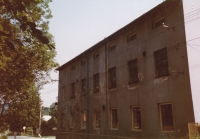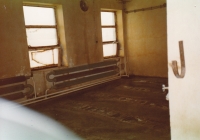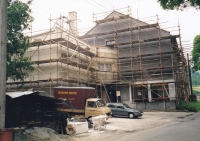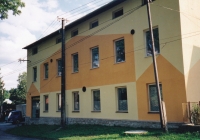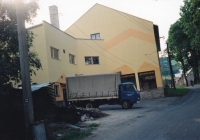Her father-in-law left her Jan Palach’s death mask
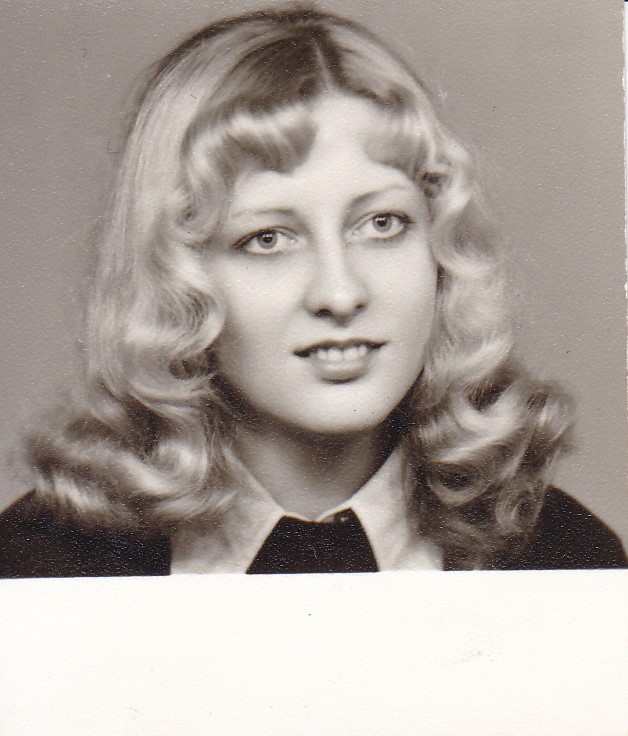
Download image
Eva Vaculíková, née Kulíšková, was born on April 25, 1958 in Gottwaldov (today’s Zlín). Her mother’s side of the family had a farm and fields in Bratřejov. Her grandfather, Antonín Trlica, refused to submit to collectivization, which negatively affected the whole family. Both of the contemporary witness’s older cousins faced complications in their studies after elementary school because of this decision. She spent her childhood mainly working with the cattle and looking after her little nephew. In 1977, she married Petr Vaculík. She never met his father, but the consequences of his actions affected her as well. Her father-in-law, Josef Vaculík, took an active interest in politics and helped those in need. He was friends with the academic sculptor Antonín Chromek, who created the monument of Tomáš Garrigue Masaryk in Liptál. The unveiling ceremony on 28 October 1968 was preceded by a lot of work and arrangements, which her father-in-law gladly undertook. Another important achievement of these two men was the removal of the death mask of Jan Palach. This took place on January 23, 1969 with the written consent of Jan’s brother, Jiří Palach. Josef Vaculík documented the whole process of removing the mask photographically. During the 1980s, the contemporary witness encountered difficulties in finding employment, caused by her father-in-law’s activities in the 1950s and 1960s and the emigration of her husband’s uncle and brother to Canada. After November 17, 1989, Eva and Petr Vaculík founded the Civic Forum in Liptál and participated in local politics. Among other things, they arranged for the return of the stolen TGM monument back to Liptál. In 1990, they also managed to get their nationalized factory back from the Unified Agricultural Cooperative (JZD) thanks to restitution, and they started their own business in the production of upholstered furniture there.
